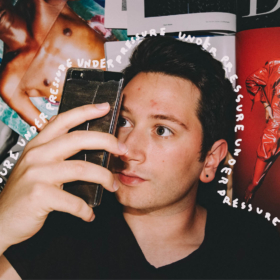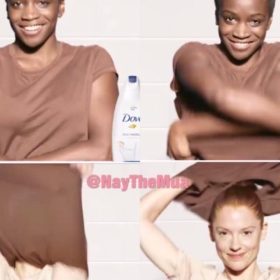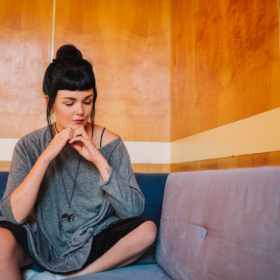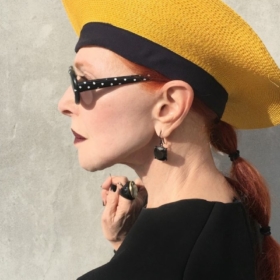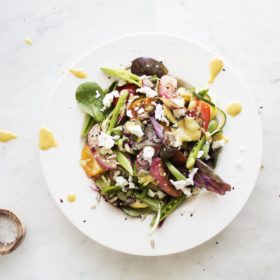Social media gets a lot of bad press; whilst scrolling through Facebook, I constantly come across articles talking about how social media is ruining society, self-esteem, and more.
*This is an archived article. Since 22 October 2017, LFB is only focusing on Berlin-related topics. Please check out our new platform, YEOJA Magazine, for material like this.
Although I recognise the issues with social media and laugh at the irony of these articles being shared on facebook, reddit, twitter etc, I can’t help but feel that people are being a little overly negative, it can’t be all that bad, can it?
I’ve always had a bittersweet relationship with social media, on the one hand it’s a place where I can go to have my self-confidence knocked by contrived feeds I can’t help but to compare myself to. On the other hand, however, social media is somewhere that helped me find myself as a young teenager; somewhere I first found communities I didn’t know I could be a part of, where I first got to talk to people who understood me, and somewhere that still acts as a place of acceptance and self-discovery even today.
I think anyone that is part of a minority group but lacking in real life community will probably know what I mean. I’m not saying that any social media site, as a whole, is an all loving accepting safe space where you can be yourself, but within these sites you can find communities of people from all over the world, who are just like you.
When I was younger, I didn’t have family or friends who had been through the same things as me, and though I had a lot of support from people around me, there still wasn’t someone who I could talk to who actually understood. I really didn’t know much about sexuality and gender as a young teenager, I knew homosexuality was a thing, and I knew that transgender people existed, but that was about it. School didn’t discuss it much and no one around me was very clued up. But I learnt about these things, mainly through Tumblr. At first, I was just an ally, but I eventually found myself directly part of these communities. It held a massive part in my self-acceptance and is also where I found a lot of resources for mental illness and learned to help myself before I had the courage to seek help from others.
I think this is the case for many people who are part of minority groups, whether they’re LGBT+, POC, those with mental illnesses or disabilities, or members of other minority groups; finding places online where you can explore your identity and talk openly about it is incredibly important for a lot of people.
Not everyone has the privilege of being surrounded by supportive friends and family, let alone supportive people who understand what you’re experiencing and know how to help you. Social media can mean people have a support network that will accept them and look out for them, as far as is possible, even when no one around them in real life can help.
Where people may see absolutely no role models or representation of themselves on tv, in magazines, or in books, through social media they can see people who have grown up going through the same things and are living happy lives. It gives people access to media that’s about them, books, tv shows, films, documentaries that they might not have known about otherwise – representation which isn’t about mocking them or treating them as side characters.
Confused young trans boys and girls can see trans men and women who are living a life of acceptance; people who love themselves, who have partners and friends that love them, which maybe they would never have dreamed possible. Young LGBT+ people are shown a life beyond their family’s lack of acceptance and narrow-mindedness, they can see a future beyond fear of their own home. Young POC experiencing racism learn that it’s ok to stand up for themselves and that their skin colour, their natural hair and their culture isn’t wrong. They can find ways to love themselves. Young disabled people learn that they can be real punk rockers if they want to – that no one can tell them who they can or can’t be just based on their disability. It’s powerful; it gives those who are isolated, scared, confused, and vulnerable hope and empowerment. Two things that are incredibly important.
Of course there are dangers, as with any online interactions, just as communities build people up, there are those using social media to bring people down. There will always be the trolls and those looking to prey on vulnerable people no matter where you are. No social media page can be a true “safe-space”. But I think people are often very hasty to bash social media without even considering the good that it can do for people if used in a positive way. Access to some form of safe space is a whole lot better than none at all
Social media is important for young people who would feel like they were facing the whole world on their own without it. While social media can just be a tool for exacerbating your mental health, it is also a place where you can find a loving community and acceptance where you wouldn’t otherwise find it.
–
Photography: Izzy McLeod, Post-processing: Rae Tashman
![]()

